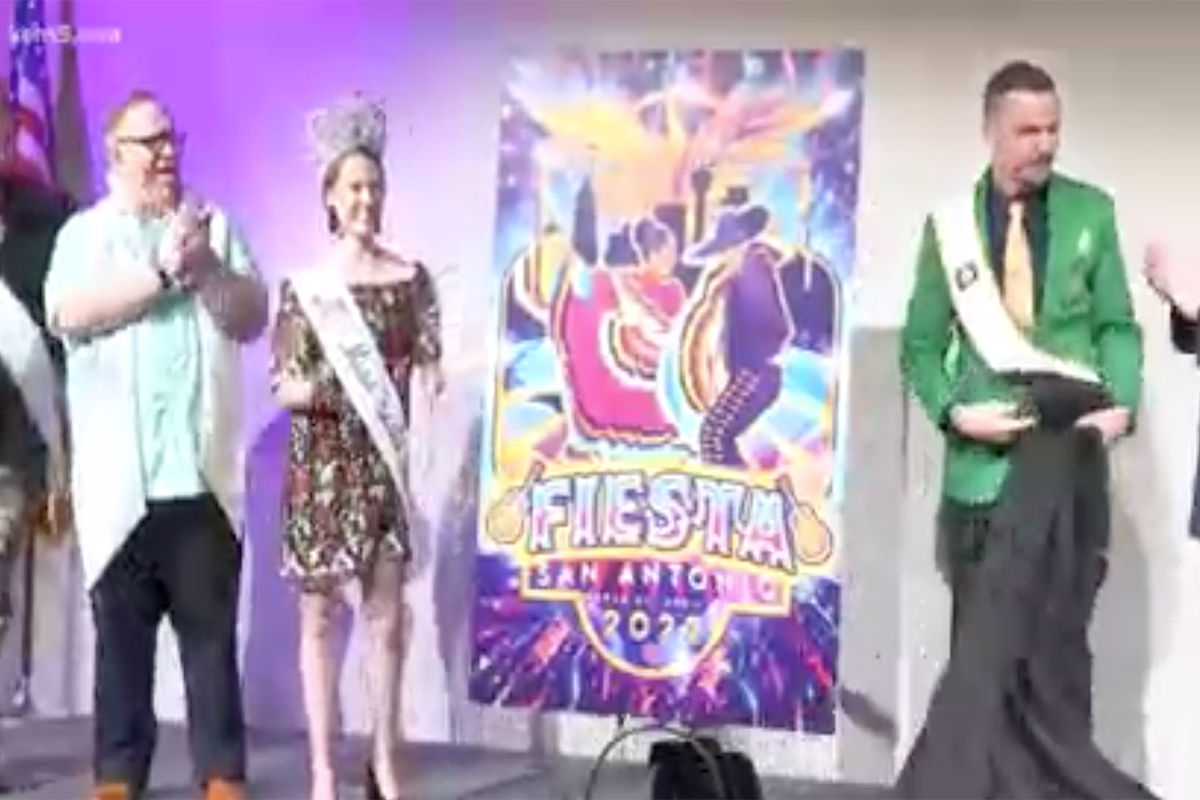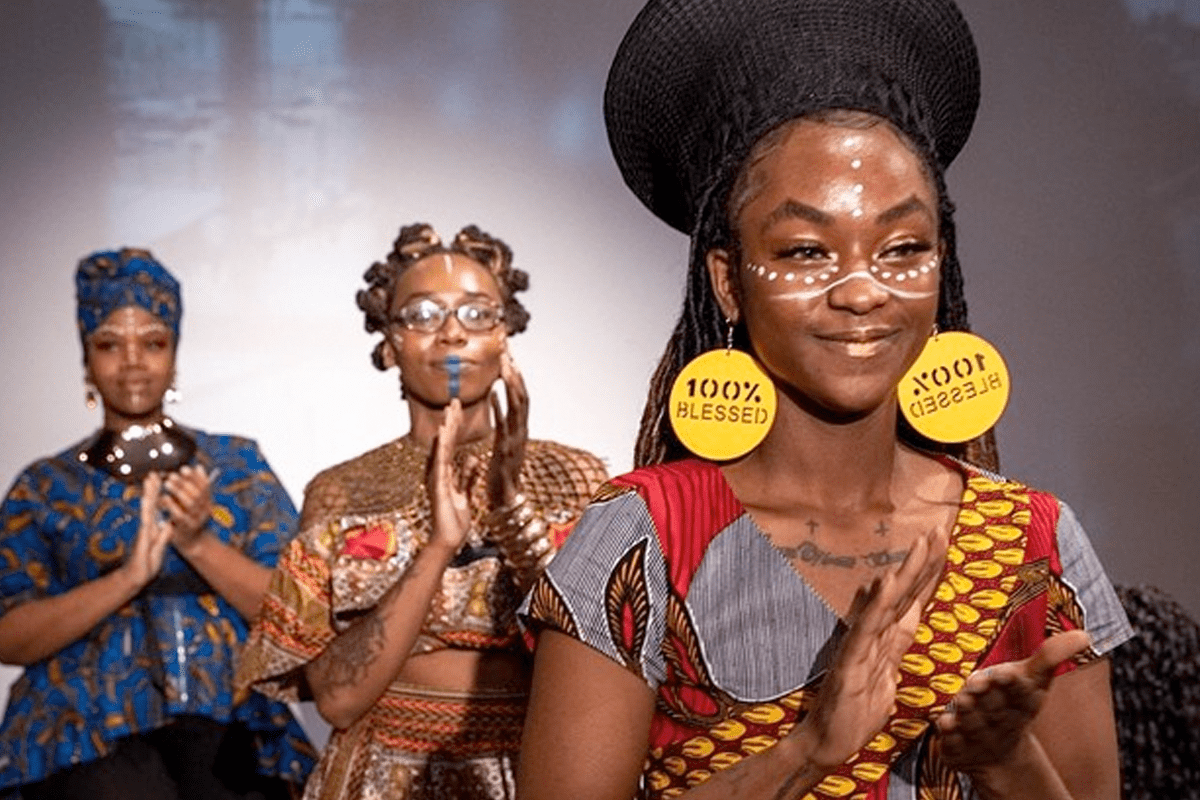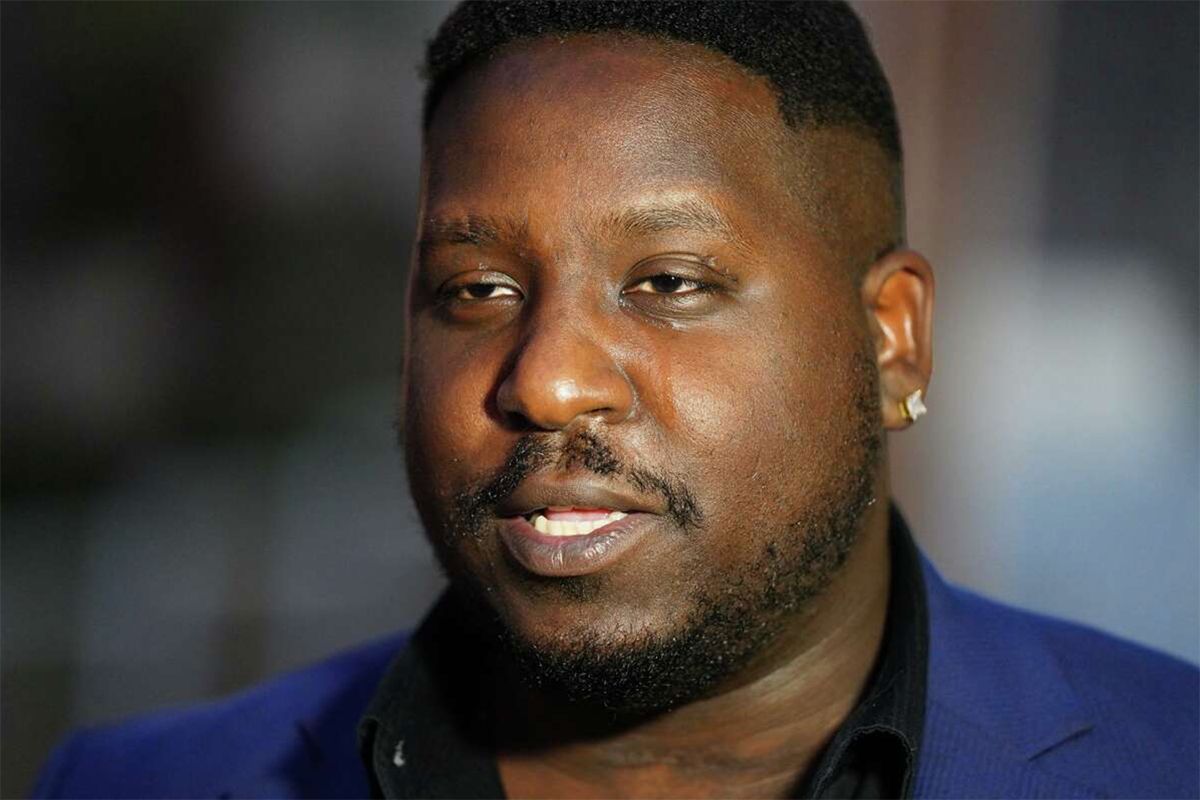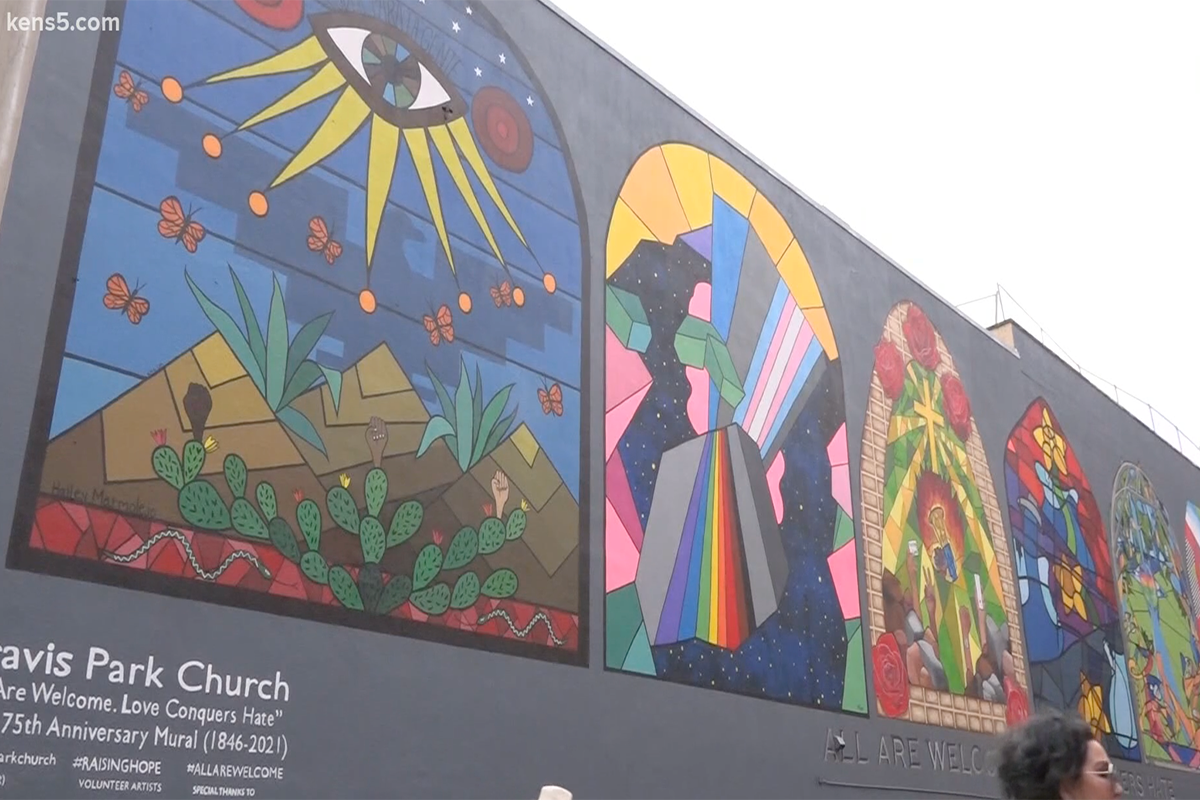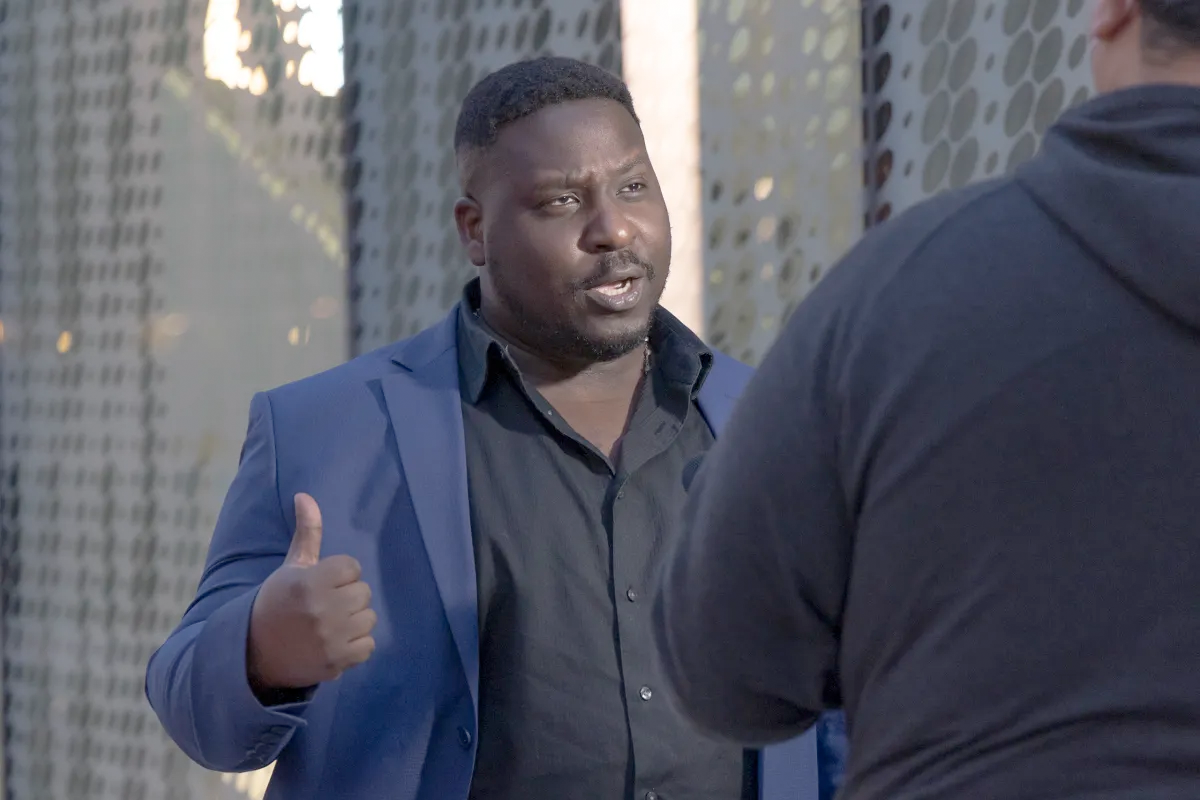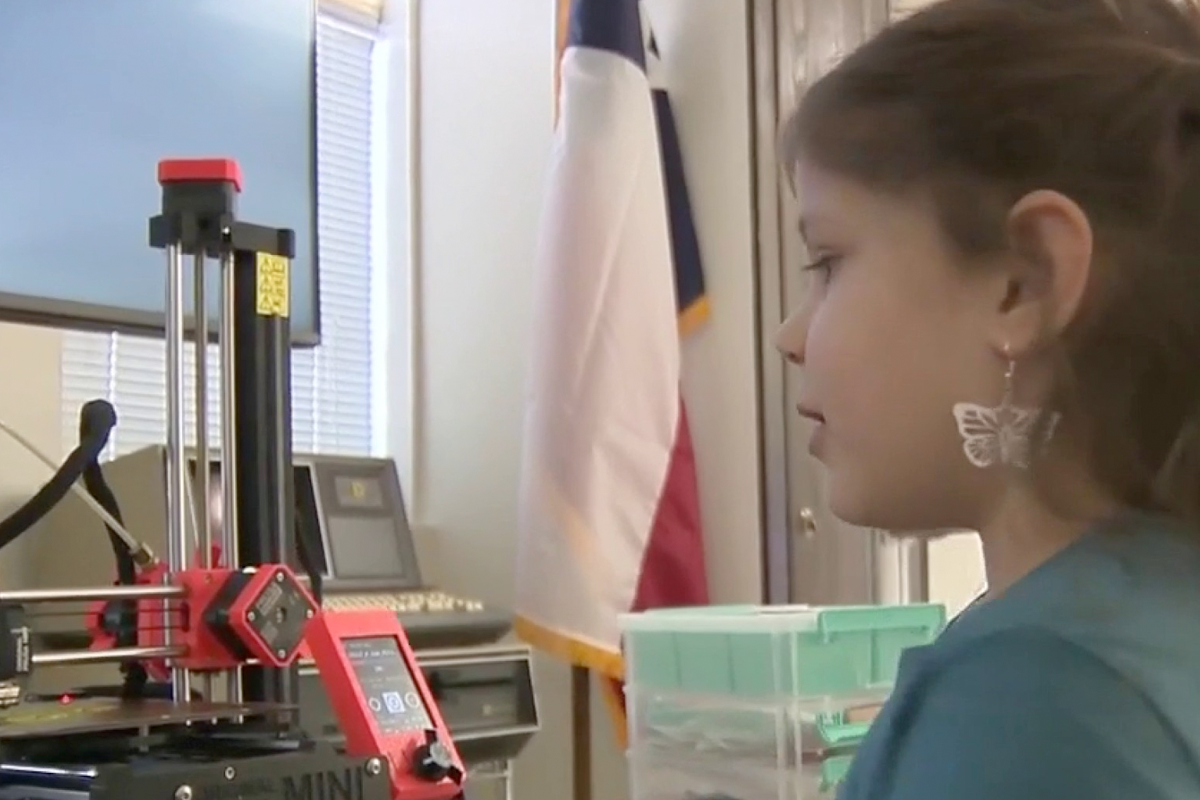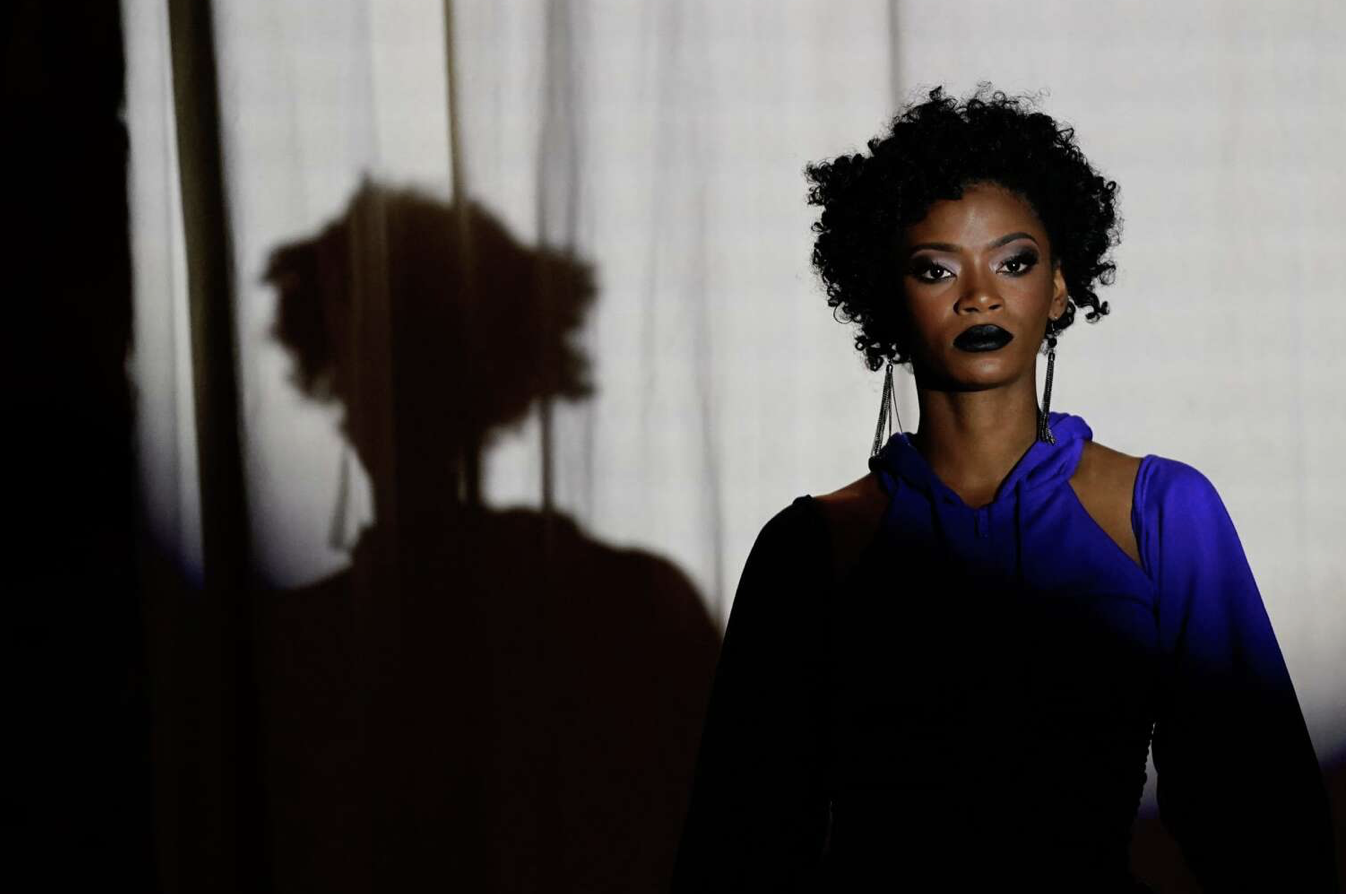Trésor Rusesabagina came to a panel discussion featuring Rwanda’s ambassador to the United States hoping to confront her about the kidnapping and imprisonment of his father, the “Hotel Rwanda” hero Paul Rusesabagina.
“I’m going right into the lion’s den,” he said, hours before the panel assembled Friday evening as part of the annual DreamWeek series of events pegged to the city’s observance of Martin Luther King Jr. Day.
“I’m going to the event representing my father. There’s a way of telling them that we’re not intimidated,” Rusesabagina said. “What they’re doing is coming to the scene of the crime. My dad was lured out of San Antonio, his home.”
The showdown didn’t happen. After a three-hour discussion about Rwanda by the ambassador, academics and other specialists in the country, the moderator said there was no time for questions. She later took a few, but Rusesabagina was still in line when it ended.
The panelists uniformly praised Rwanda’s president, Paul Kagame, without mentioning his human rights record.
The elder Rusesabagina became famous for sheltering hundreds of people at the hotel he managed in 1994, when Rwanda was wracked by an intertribal genocide that killed as many as a million victims. He later fell out with Kagame, whose efforts to reunite the country have been accompanied by an intolerance for political opposition.
Rusesabagina lived in exile in Belgium and San Antonio. He was abducted to Rwanda in 2020 on a chartered flight, fooled into thinking he was on his way to a speaking engagement in Burundi, then tried for his leadership of an opposition group the government said was responsible for terrorist violence.
He was sentenced to 25 years in prison last September on offenses ranging from financing terrorism to recruiting child soldiers.
Kagame has run the Central African country since 2000 and is credited with leading it into a period of stability and prosperity, but his government has been accused by Human Rights Watch of practicing arbitrary detention, ill treatment, torture and possibly murder of dissenters. The group also has criticized Paul Rusesabagina’s abduction, solitary confinement and trial.
Rusesabagina’s reputation in Rwanda has waned, though his heroism for saving 1,268 people during the genocide became known around the world after being dramatized in the 2004 Hollywood film “Hotel Rwanda.”
During questions, neither the moderator, documentary filmmaker Carol Pineau, nor others on the panel responded to a person in the audience who asked for the humanitarian release of Rusesabagina.
The ambassador, Mathilde Mukantabana, dismissed the notion that her embassy played a role in an incident last spring in which two people were accused of snooping on a videoconference class at St. Mary’s University attended by Trésor Rusesabagina, his mother, Tatiana, and a sister, Anaise Kanimba.
“Why would we want to spy in a classroom?” Mukantabana asked, drawing laughter from some in the crowd of around 50 people.
On ExpressNews.com: FBI probes St. Mary’s Zoom ‘intrusion’ linked to Rwandan regime
At the time, St. Mary’s President Tom Mengler, in a university news release, had said the Rwandan government used a spy based in its Washington embassy “to listen in” on the April 6 videoconference class involving students, staff and guests.
Trésor Rusesabagina, 29, said he didn’t oppose Friday’s panel discussion because it gave critics a chance to point out the government’s problems. It was titled “Rwanda Then & Now: Milestones in Rebirth & Growth” and was organized by Rwandan Community Abroad of San Antonio at the Tobin Center for the Performing Arts.
Bill Israel, a retired St. Mary’s associate professor of communication studies, lambasted the forum, calling it “bizarre” that DreamWeek organizers would host it when Rusesabagina was one of their keynote speakers months before he was abducted.
“Two years after you invite him as the featured speaker, how are you going to invite people who are after him and trying to kill him?” Israel asked.
The DreamWeek website states that “anyone can host an event as long as the invitation is public and participants are allowed to engage in an open forum and civil environment.”
One person who appeared via video, Margee Ensign, president of American University of Nigeria, touted a “performance-based” Rwandan government with top leadership “focused on unity, not division.” Another panelist, a St. Mary’s University professor of international relations, R. Célina Jacquemin, also sketched a flattering portrait of the Kagame government.
A DreamWeek project manager, Lilly Guindy, described the panel as “a community-curated event” hosted by Rwandans in San Antonio.
“Definitely, some people have different views, but that’s the beauty of America and that’s the beauty of the Martin Luther King legacy,” said Moses Rudasunikwa, president of Rwandan Community Abroad of San Antonio.
U.S. Rep. Joaquin Castro, D-San Antonio, plans to introduce a resolution in Congress demanding Paul Rusesabagina’s release on humanitarian grounds.
Trésor Rusesabagina described his 67-year-old father, a cancer survivor, as frail. He said his dad has lost a lot of weight, hasn’t seen a doctor, remains in solitary confinement and isn’t allowed contact with other inmates, even in church.
“They’re trying to break him,” Trésor Rusesabagina said. “He’s not broken.”
sigc@express-news.net



